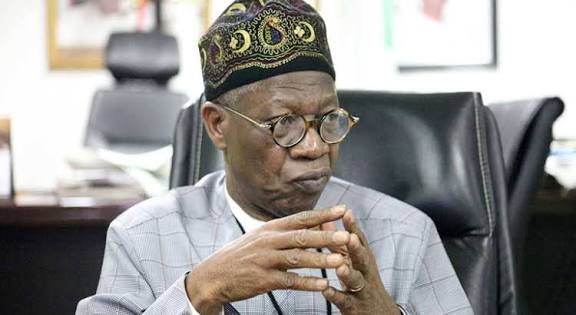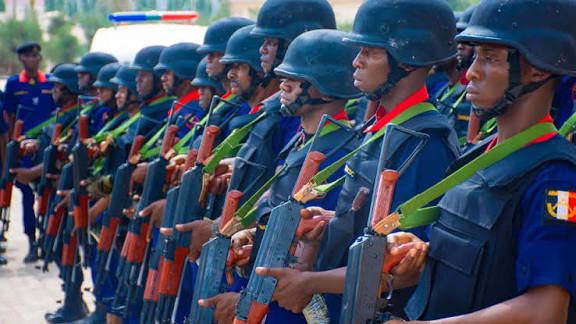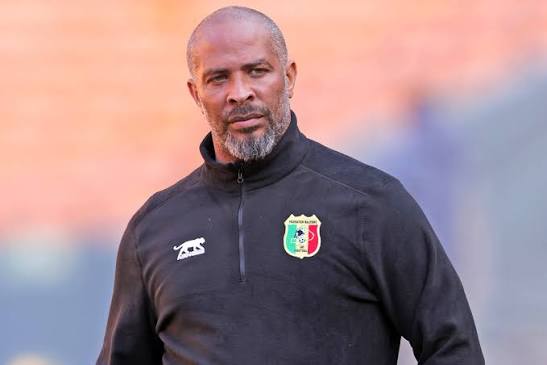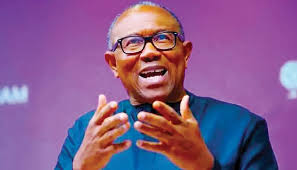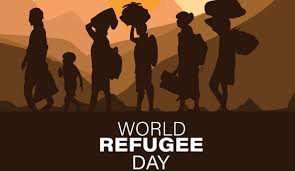
By Kayode Adebiyi
World Refugee Day, celebrated every June 20, is dedicated to refugees around the world.
The day was held globally for the first time in 2001 to commemorate the 50th anniversary of the 1951 UN Convention relating to the Status of Refugees.
World Refugee Day was originally known as Africa Refugee Day before the United Nations General Assembly officially designated it as an international day in December 2000.
This year’s commemoration marks another solemn yet vital observance of World Refugee Day, an occasion dedicated to honoring the strength, courage, and resilience of millions forced to flee their homes.
Under the theme, “Solidarity with Refugees,” the global community is turning its attention to a fundamental human right often tragically denied in times of displacement: access to comprehensive healthcare.
Stakeholders say access to healthcare by refugees is a call to action, urging nations to stand in unwavering solidarity with those seeking safety, ensuring that health is not a privilege but a universal entitlement.
They also warn that the global landscape of forced displacement continues to present an unprecedented challenge.
The World Health Organisation (WHO) said that, although modest progress had been made, increased conflicts and disasters in many parts of the world remain a challenge.
“As protracted displacement rises, many fleeing conflict and disasters are spending over a decade awaiting legal recognition.
“More than 70 per cent are hosted in low- and middle-income countries, often in urban areas, where legal, financial, and structural barriers hinder access to health.”
It said women and children bear the brunt of displacement, noting that over 47 million children are facing disrupted access to health, education, and protection.
“Women and newborns’ lives are at heightened risk with disrupted maternal and essential care as barriers to access increase.
“Notably, refugees are not only recipients of care- they are scientists, health workers, and leaders who enrich the social and economic fabric of both host and origin countries,” WHO said.
It also said it stood in solidarity with more than 123 million forcibly displaced people worldwide; reaffirming that health was a fundamental human right, essential to dignity, protection, and inclusion.
Health officials say that while exact figures for 2025 are still emerging, the trend observed over recent years points to persistently high numbers of individuals uprooted by conflict, persecution, and natural disasters.
“Millions find themselves living in precarious conditions, often in host communities or camps with stretched resources, where basic amenities, let alone specialised medical care, are a distant dream,” a health official said.
The UN Refugee Agency (UNHCR) said “Health for All” for refugees means more than just treating illnesses; it encompasses a holistic approach to well-being.
It said it means ensuring access to primary healthcare services, including vaccinations, maternal and child health, and essential medicines.
It also demands robust mental health and psychosocial support to address the profound trauma of displacement, loss, and uncertainty.
The UNHCR said solidarity is the bedrock upon which “Health for All” can be built, adding that it signifies a collective responsibility that extends beyond borders and political divides.
“Solidarity means honouring refugees not just with words but with actions. It means listening deeply, making space for their stories; it means standing up for their right to seek safety and for solutions to their plight.
“But above all, solidarity means saying, clearly and courageously, that refugees are not alone and that we will not turn our backs.
“Refugees are not looking for charity; they seek opportunity and self-advancement; when given the chance, they become integral, valuable, and productive members of the communities that welcome them.”
UNHCR also highlights that “Every refugee carries a unique story of pain, loss, and unimaginable strength. They are not defined by what they’ve lost, but by the courage with which they rebuild.”
Advocates for refugee rights say international organisations, such as UNHCR and WHO, play a crucial role in coordinating aid and advocating refugee rights.
They also said solidarity extends to host communities, who often bear the immediate brunt of large influxes of people, yet frequently demonstrate remarkable generosity.
Karen Gulick, Ag. Representative of the UNHCR Multi-Country Office for Australia, New Zealand, and the Pacific, said refugees need solidarity more now than before.
“At a time of global uncertainty, with record numbers of forcibly displaced people and critical funding gaps, it is more important than ever to show solidarity with refugees,” she said.
She also called on governments to enact inclusive policies, allocate adequate resources, and strengthen health infrastructure.
In a message to commemorate the day, Save the Children UK echoed Gulick’s message, stressing the need for displaced children to access quality education.
“This year’s World Refugee Day is an opportunity to stand in solidarity with refugees and their communities around the world… Their quality education hinges on one crucial factor: their teachers.”
As Nigeria joins the world to commemorate the 2025 World Refugee Day, activists say it should be reminded of its challenge of grappling with a significant refugee and internally displaced person crisis.
The ongoing insurgency in the North-East, particularly the activities of Boko Haram and other armed groups, has resulted in massive internal displacement.
Millions of Nigerians remain displaced within the country, facing severe humanitarian challenges in addition to hosting refugees from neighboring countries fleeing similar conflicts.
Nonetheless, Gov. Babagana Zulum of Borno recently disclosed plans to resettle more than 50,000 farmers displaced by the Boko Haram insurgency in the Koshebe area and its environs back to their ancestral homes to boost agricultural activities in the state.
Zulum said that with the gradual return of peace in the state, after the gruesome massacre against farmers in Koshebe, the Federal Government, through the North East Development Commission, decided to construct roads to enhance agricultural activities and ensure the resettlement of Displaced Persons in the area, which is favourable for rice farming.
Zulum said the purpose of resettling the farmers back to Koshebe after the relative peace was to allow them to cultivate their farmlands.
According to the Journal of Migration and Health, the health situation for these displaced populations in Nigeria is critical.
“Camps and host communities often lack adequate sanitation and safe drinking water, leading to outbreaks of cholera, measles, and other communicable diseases.
“Malnutrition, especially among children, is rampant, compounding vulnerability to illness.
“Mental health trauma, stemming from violence, loss of loved ones, and prolonged uncertainty, is pervasive yet often goes unaddressed due to limited resources and stigma.
“Access to functioning health facilities is severely constrained, with many clinics damaged or non-existent in conflict-affected areas; even where facilities exist, they are frequently understaffed and lack essential supplies.”
Despite these challenges, the Nigerian government, often in partnership with UNHCR and numerous local and international non-government organisations has made efforts to assist.
Analysts say such collaborations have led to the establishment of temporary health posts, conducting vaccination campaigns, and distributing essential medicines.
“The 2025 theme resonates deeply within Nigeria, emphasising the need for increased international support, strategic funding, and innovative solutions to reach every displaced individual with the care they desperately need,” an analyst said.
The National Commission for Refugees, Migrants, and Internally Displaced Persons recently took a significant step in addressing the challenges faced by displaced individuals by relocating 40 families to a newly constructed resettlement city in Keffi.
The commission said the move was the first phase of an ongoing initiative aimed at transitioning IDPs and refugees from temporary camps to a more permanent and secure environment.
It said 40 families, comprising approximately 300 individuals, have moved into the purpose-built community designed to provide safety, stability, and opportunities for rebuilding their lives with dignity.
Commendable as such an initiative is, analysts note that the scale of the crisis often overwhelms available resources, highlighting the persistent gaps in comprehensive, sustainable provisions for IDPs and refugees.
As the UN Secretary-General António Guterres said, “Refugees are not numbers; they are people who have faces, names, and stories.”
On the whole, stakeholders say refugees deserve solidarity from all.
.Adebiyi writes for the News Agency of Nigeria


